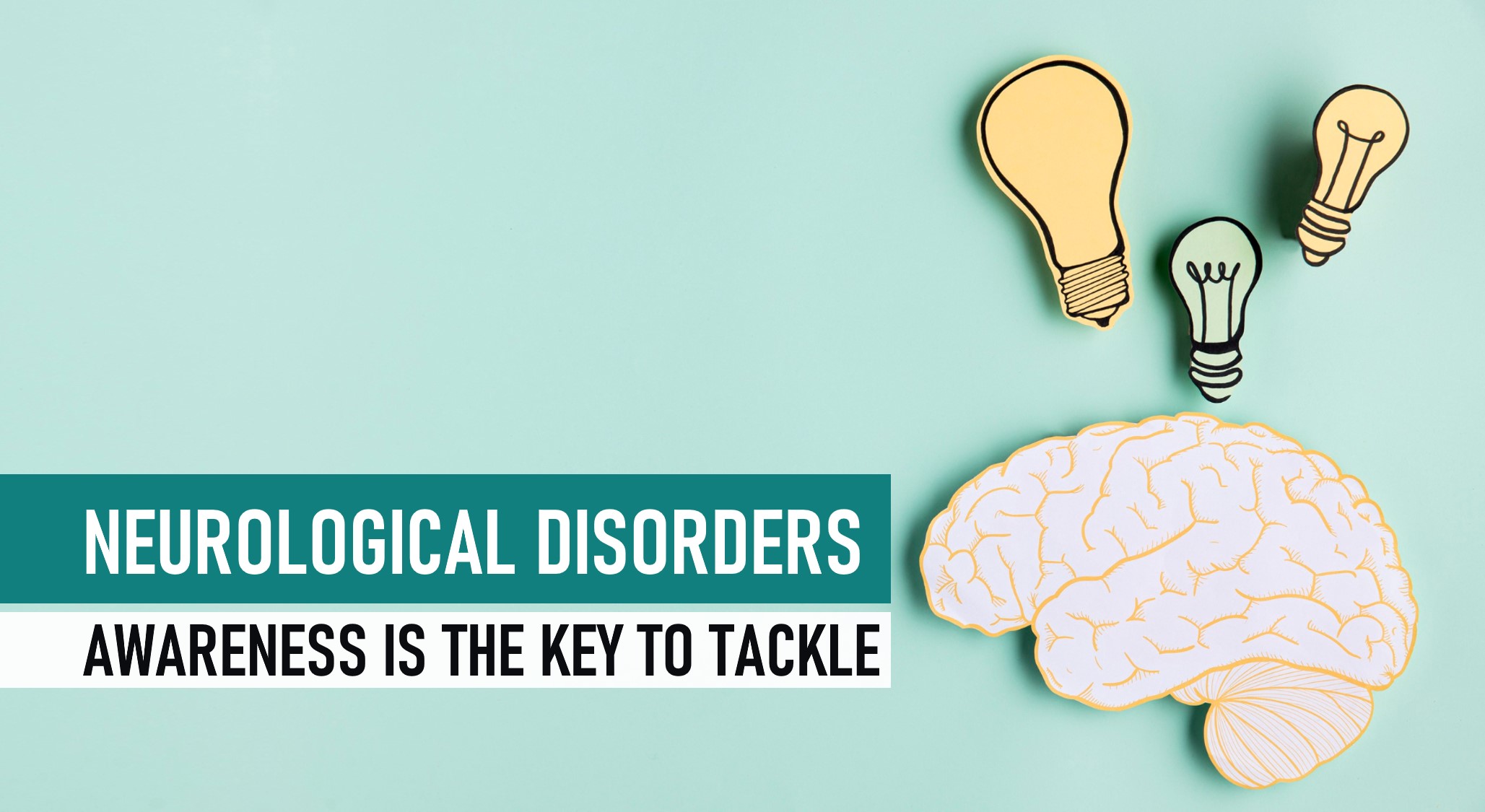Overview
Neurological disorders are a group of conditions that affect the functioning of the brain, spinal cord, and nerves. They can range from mild to severe and can have a significant impact on a person’s quality of life. Some examples of neurological disorders include Alzheimer’s disease, multiple sclerosis, Parkinson’s disease, and migraine headaches.
Raising awareness about neurological disorders is important for several reasons. First, early diagnosis and treatment can improve a person’s outcomes and slow the progression of the condition. Second, increased awareness can lead to more funding for research and better access to resources and support for those living with a neurological disorder.
What causes a neurological disorder?
Neurological disorders can affect an entire neurological pathway or a single neuron. Even a small disturbance to a neuron’s structural pathway can result in dysfunction. As a result, neurological disorders can result from a number of causes, including:
- Lifestyle-related causes
- Infections
- Genetics
- Nutrition-related causes
- Environmental influences
- Physical injuries
Physical symptoms of neurological disorders
However, each individual may experience symptoms differently. Physical symptoms of neurological disorders might include the following:
- Persistent or sudden onset of a headache
- A headache that changes or is different
- Loss of feeling or tingling
- Weakness or loss of muscle strength
- Loss of sight or double vision
- Memory loss
- Impaired mental ability
- Lack of coordination
- Muscle rigidity
- Tremors and seizures
- Back pain which radiates to the feet, toes, or other parts of the body
- Muscle wasting and slurred speech
- New language impairment (expression or comprehension)
Tackling the neurological disorders
One way to raise awareness about neurological disorders is through education. This can include sharing information about the signs and symptoms of different conditions, as well as the risk factors and potential causes. It can also include sharing information about available treatments and resources for those living with a neurological disorder.
Another way to raise awareness is through advocacy. This can include supporting organizations that work to improve the lives of those living with a neurological disorder, as well as lobbying for increased funding for research and better access to resources and support.
In addition, participating in awareness campaigns and events such as walks, runs, or other fundraisers can also be a great way to support the cause and raise awareness.
Awareness of lifestyle variables that increases the risk of stroke and dementia will help improve the quality of life for many. Simple lifestyle changes such as consuming a healthy diet, not smoking, controlling blood pressure, preventing diabetes, managing weight through exercise and walking, avoiding unhealthy foods and paying attention to one’s own mental health will go a long way to aid one’s neurological health.
Wrapping up…
It’s important to remember that neurological disorders can affect anyone, regardless of age, gender, or race. By raising awareness about these conditions, we can work to improve the lives of those affected and their loved ones. It also helps in destigmatizing the conditions and encouraging people to seek help when they suspect something might be wrong.
Source/s:
Banner image by www.freepik.com







